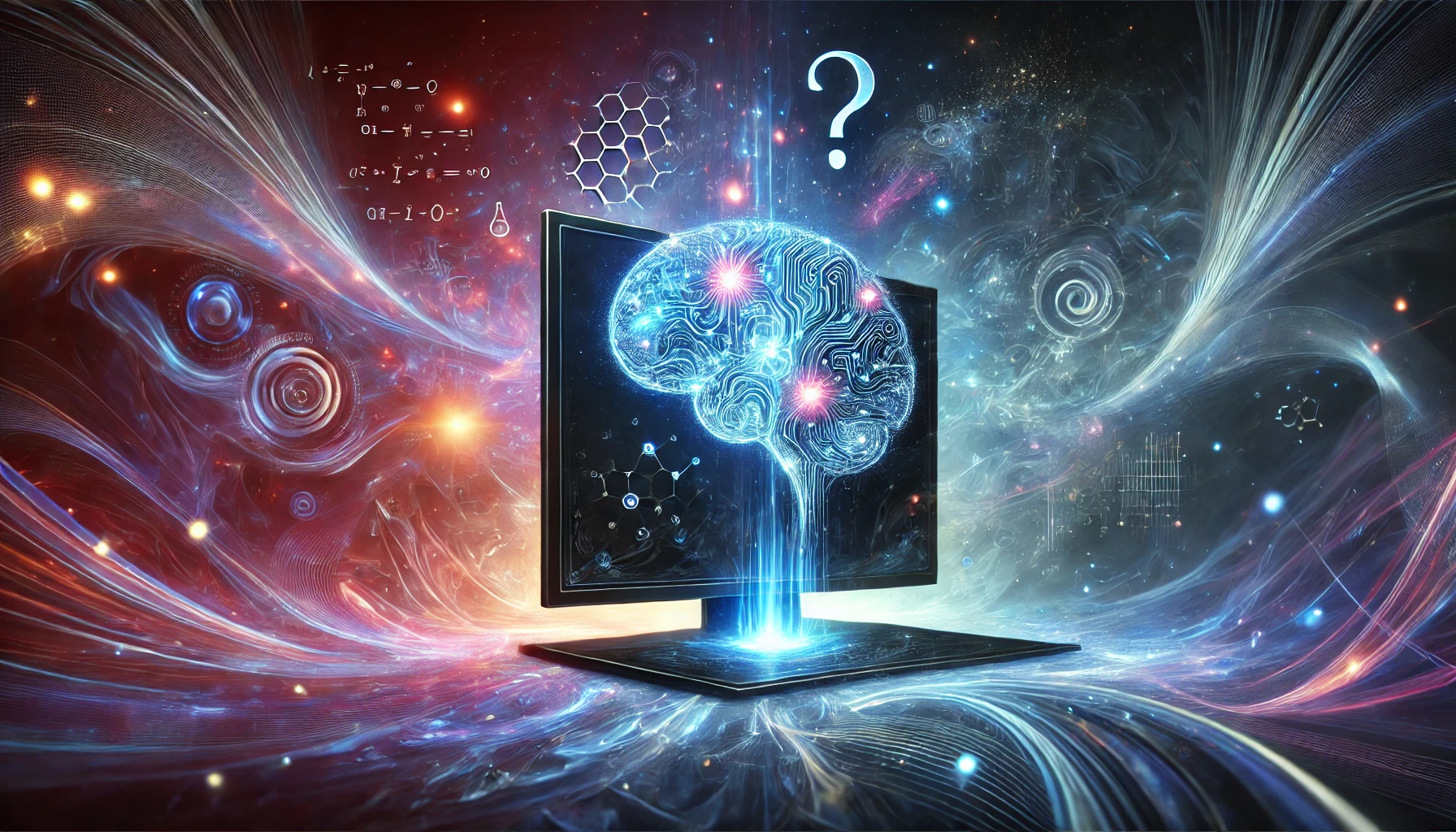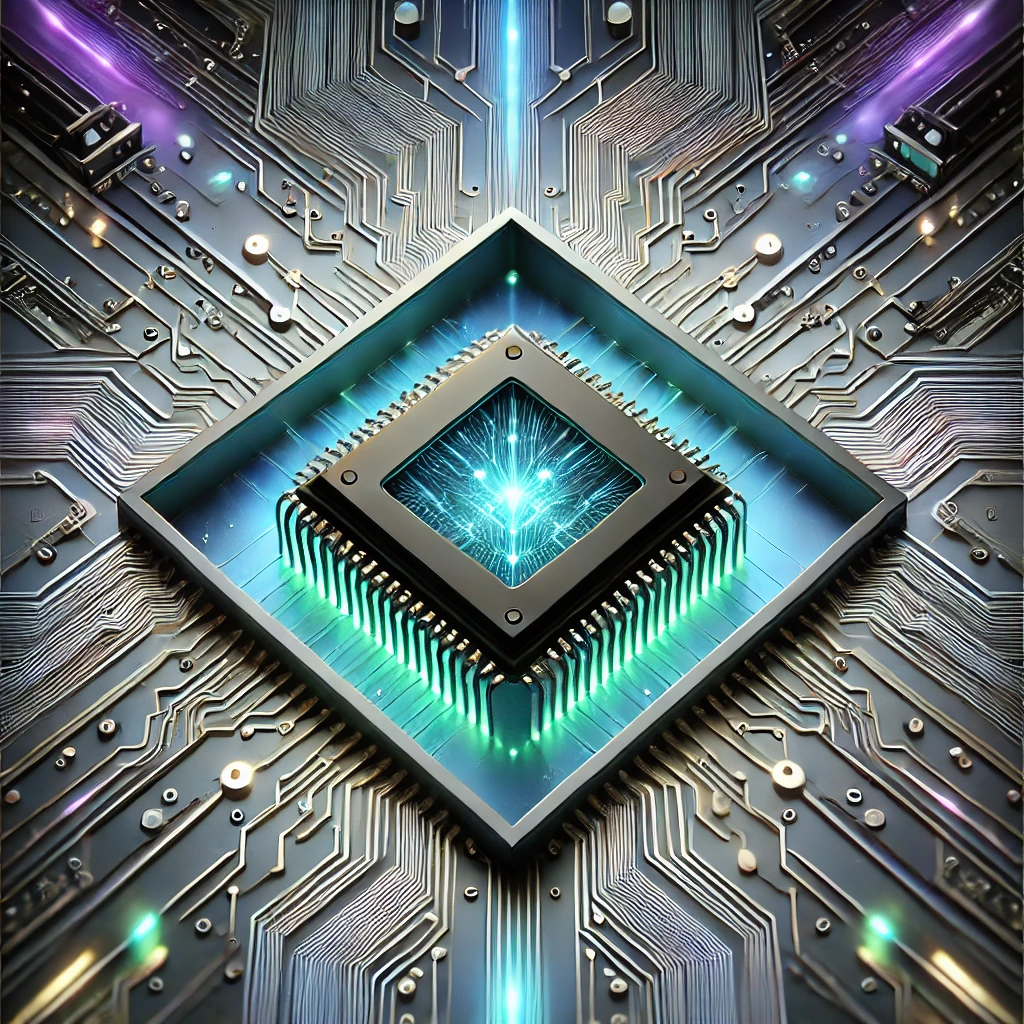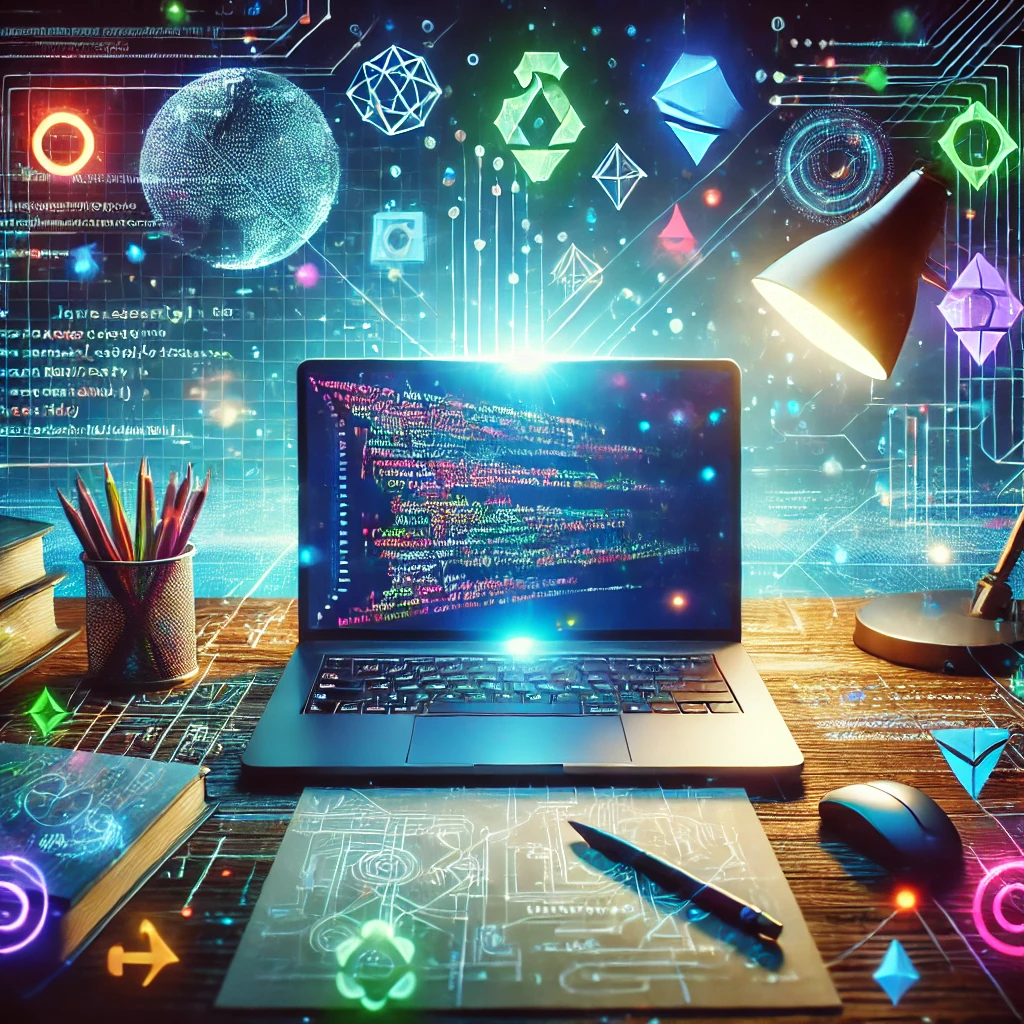The Journey of Computing and the Birth of "Hello, World!"
Computers are everywhere, yet their roots lie in fascinatingly humble beginnings. When we think about the very first computer, it’s not a sleek laptop or a supercomputer we picture, but instead, an intricate machine of gears, switches, and wires.
The Mechanical Dawn
Let’s rewind to the 19th century. Charles Babbage, a British mathematician, conceptualized the "Analytical Engine." This mechanical contraption was designed to perform calculations automatically—a revolutionary idea at the time. Though it never fully materialized due to the technological limits of his era, Babbage’s work is celebrated as the blueprint for modern computers.
Fast forward to the 20th century, and we meet ENIAC (Electronic Numerical Integrator and Computer). This behemoth, unveiled in 1945, is considered the first general-purpose electronic computer. Weighing over 27 tons, it performed calculations that were previously unimaginable, laying the groundwork for the digital age we live in today.
"Hello, World!" — A Programmer’s Warm Welcome
Amid the monumental history of computers, there’s a phrase that has become synonymous with programming: "Hello, World!" You might wonder what it has to do with early computers. This unassuming line of text first appeared in Brian Kernighan’s 1972 book "The C Programming Language". The example showed how to write and execute the simplest program: one that outputs "Hello, World!" on the screen.
It’s a tradition, a rite of passage even, for programmers to create their first "Hello, World!" program when learning a new language. Why this phrase? Its charm lies in its simplicity. It’s welcoming and feels like a small celebration of success. Imagine the joy of watching your own code come to life, even if it’s just two words on a screen!
The Connection
In a way, "Hello, World!" mirrors the journey of computing itself. Early machines were basic yet groundbreaking. Similarly, this simple program is where many developers start—a small step into the vast world of possibilities. From the mechanical dreams of Babbage to the innovation of ENIAC, and eventually to the creation of programming languages, each milestone feels like a new "Hello, World!" for humanity.
Why It Matters
Exploring the past helps us appreciate how far we’ve come. Computers that once filled entire rooms now fit into our pockets. And while today’s tech might seem galaxies away from the original machines, they share a common spirit of discovery. Every "Hello, World!" program, just like the first computer, represents that moment of connection and curiosity—a willingness to dream and create.
So, next time you type "Hello, World!", remember: you're not just writing code. You're participating in a legacy of innovation that started long before keyboards replaced punch cards, and screens replaced spinning gears.
Share this article
You might also like
The Unsung Heroes of Tech: Open Source Communities
Open Source: A Quick Refresher First things first, what exactly is open source? Simply put, it’s software with source code that’s open for anyone to
Read MoreWhy Your Code Should Be Beautiful: The Art of Clean Code
When was the last time you looked at a piece of code and thought, Wow, that’s beautiful!? Chances are, not recently. Many developers prioritize
Read MoreThe Eternal Struggle: Dark Mode vs. Light Mode
Once upon a time, back in the ancient days of computing, screens were mostly black with green or amber text. This wasn’t a “dark mode”—it was the
Read MoreWhen Machines Dream: The Art and Science of AI-Generated Creativity
In recent years, artificial intelligence has made a dramatic leap from number crunching and algorithmic problem-solving to creating something many of
Read MoreThe Death of Moore’s Law: What Comes Next?
For over five decades, Moore’s Law has been the north star guiding the semiconductor industry. This simple yet profound observation, made by Intel
Read MoreThe Hidden World of APIs: How the Internet Talks
The internet is a vast, interconnected world. It's a place where cat videos, TikTok dances, and memes coexist alongside groundbreaking medical
Read MoreWill AI Replace Developers? The Future of Coding
Ah, the question that haunts late-night programming forums and inspires spirited debates over coffee: Will AI replace developers? Before you start
Read More

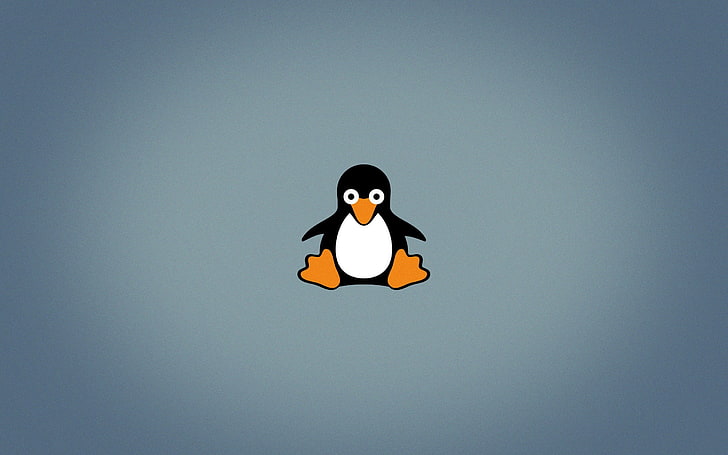

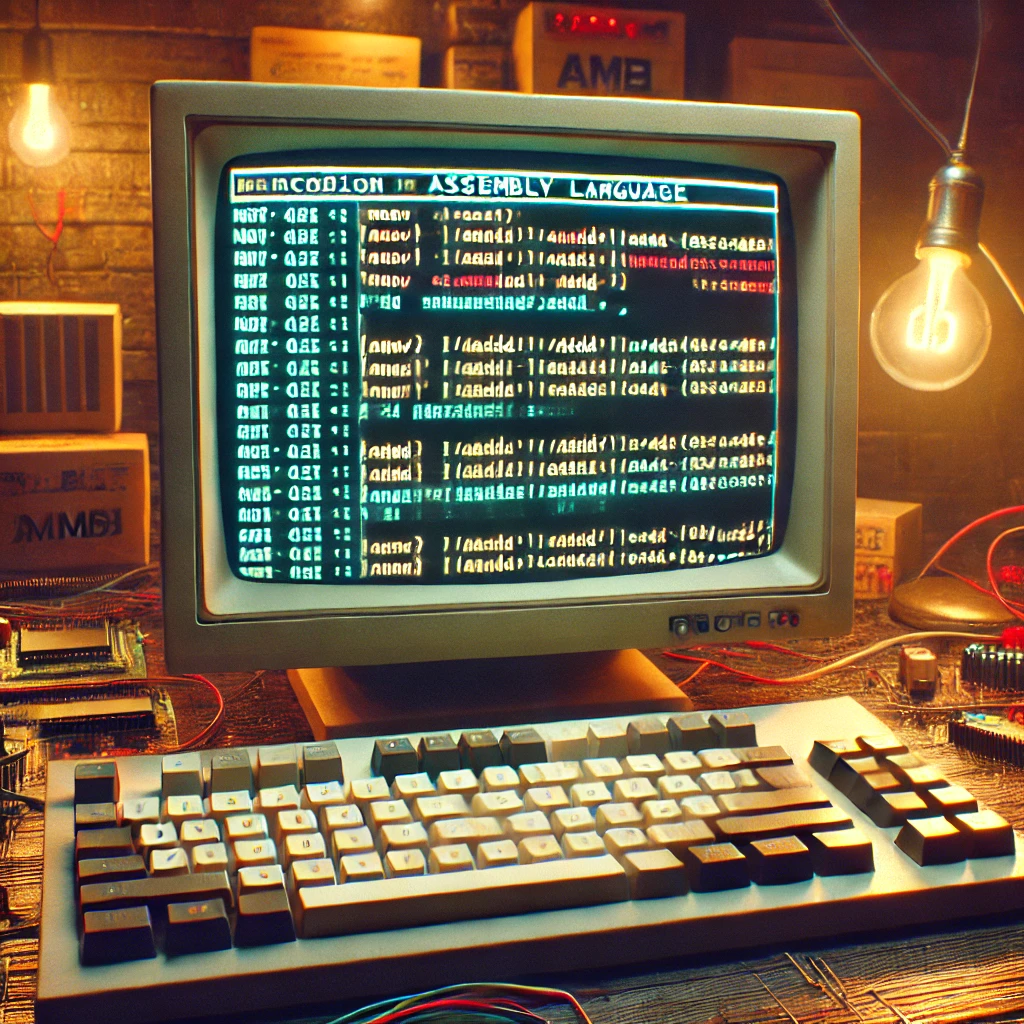
.jpg)
